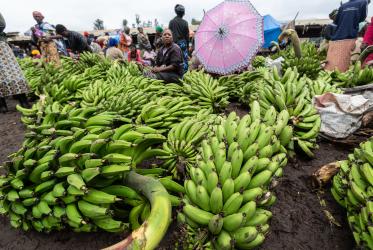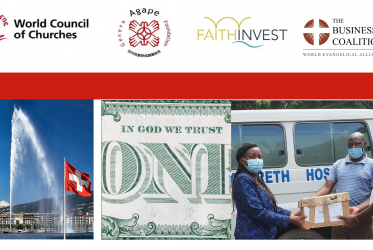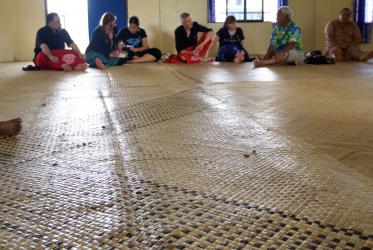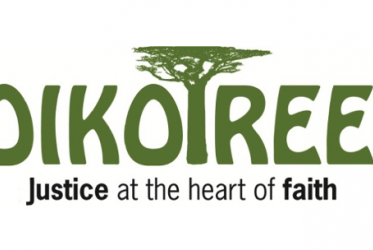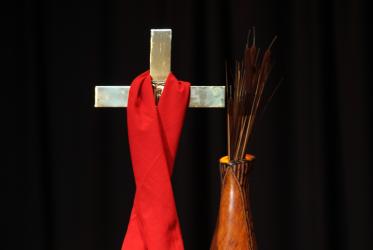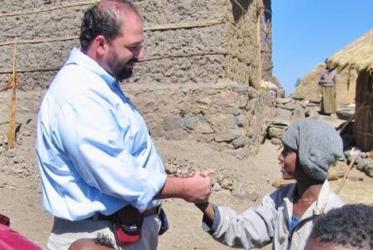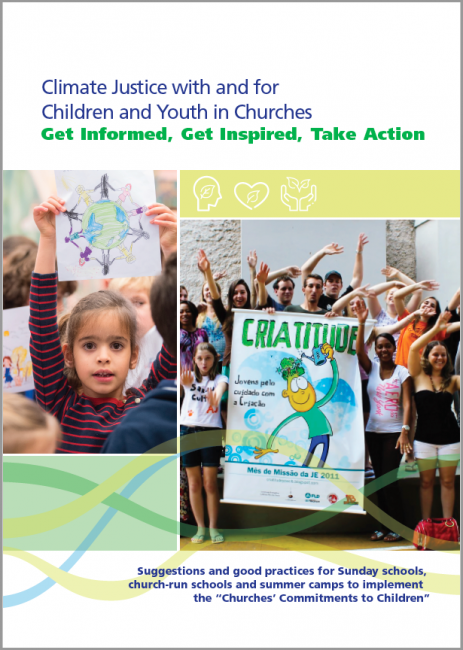Displaying 161 - 180 of 226
Reweaving the Ecological Mat - Pacific Voices for a New Creation
04 February 2021
Rethinking Ecological Relationships in the Anthropocene era
11 - 13 February 2021
No room at the inn
26 December 2020
4th International Faith-Based Investment Conference
15 January 2021
Online prayer service on World AIDS Day
01 December 2020
Climate Justice with and for Children and Youth in Churches
Get Informed, Get Inspired, Take Action
25 October 2020
WCC Eco-School 2021 for Pacific region on Water, Food and Climate Justice
22 - 28 February 2021
Online prayer service for World Food Day
16 October 2020

